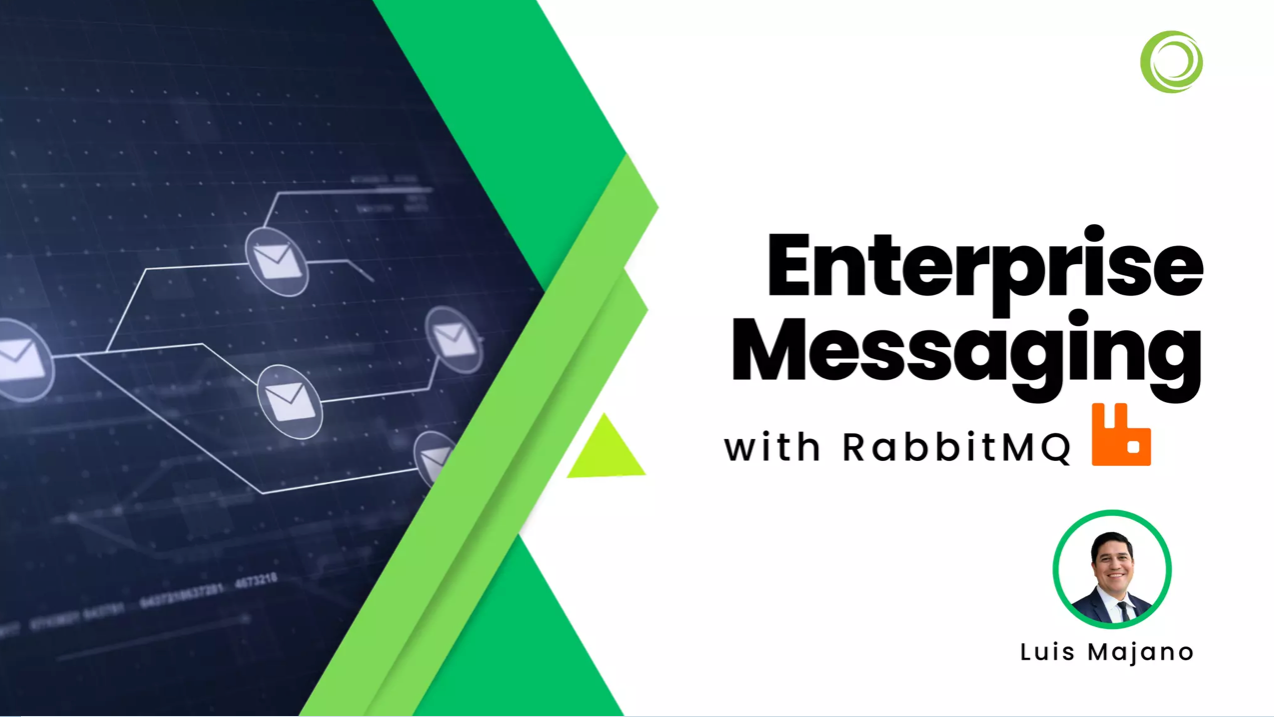Open South Code is a premier gathering of industry professionals, developers, and open-source advocates, all dedicated to fostering collaboration and innovation in the realm of open-source software. The conference, held annually in Malaga, provides a platform for experts and enthusiasts to exchange ideas, share knowledge, and explore emerging trends in the open-source landscape.
I just had the please to present at Open South Code, the innovative open-source conference held in Malaga, Spain. It had been 3 years since I attended since the conference was on hiatus after Covid.
This conference is an amazing conference always filled with great conversations and great speakers from all over the world. I had the privilege of speaking about Enterprise Messaging with RabbitMQ.
Key Highlights from the Presentation:
-
Understanding Enterprise Messaging: The presenter commenced the session by emphasizing the importance of efficient communication within enterprise-level software systems. By exploring the challenges associated with inter-component communication and system scalability, attendees gained a deeper understanding of the significance of enterprise messaging.
-
Introducing RabbitMQ: The session focused on RabbitMQ, a feature-rich and widely adopted message broker that offers robust messaging capabilities. The presenter introduced the core concepts of RabbitMQ, including exchanges, queues, and bindings, providing a foundation for attendees to grasp the fundamental principles of RabbitMQ's functioning.
-
Messaging Patterns and Architectures: Attendees were introduced to various messaging patterns, such as publish/subscribe and request/reply, that RabbitMQ can support. The presenter elucidated how these patterns can be effectively utilized to design scalable and decoupled messaging architectures, enabling seamless communication between different components and systems.
-
Real-World Implementation: The presentation went beyond theory and delved into practical implementation strategies. Attendees gained insights into real-world scenarios where RabbitMQ had been successfully integrated, demonstrating its versatility across different programming languages and frameworks. The presenter shared examples and best practices to guide attendees in implementing RabbitMQ in their own projects.
-
Scalability and Performance Optimization: Recognizing the importance of scalability in enterprise systems, the presenter discussed strategies for scaling RabbitMQ deployments and ensuring high availability. Attendees were introduced to techniques for optimizing message throughput, handling message persistence, and implementing fault tolerance measures.
Open South Code continues to be a catalyst for open-source innovation, and this insightful presentation serves as a testament to the conference's mission of promoting knowledge sharing, networking, and pushing the boundaries of open-source software development.




Add Your Comment